Jos A. Bosch
Script-Strategy Aligned Generation: Aligning LLMs with Expert-Crafted Dialogue Scripts and Therapeutic Strategies for Psychotherapy
Nov 11, 2024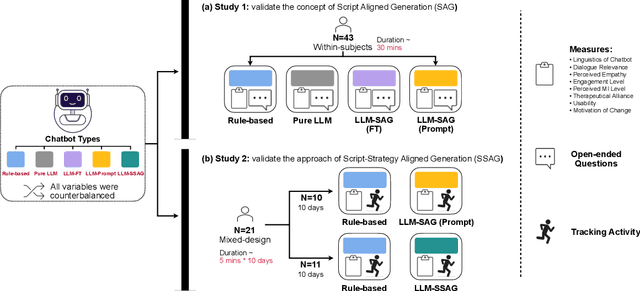
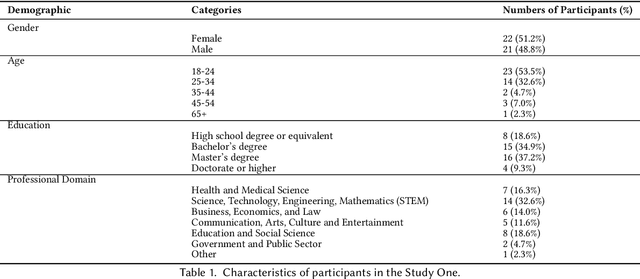
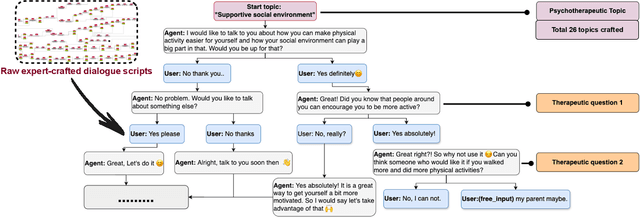

Abstract:Chatbots or conversational agents (CAs) are increasingly used to improve access to digital psychotherapy. Many current systems rely on rigid, rule-based designs, heavily dependent on expert-crafted dialogue scripts for guiding therapeutic conversations. Although recent advances in large language models (LLMs) offer the potential for more flexible interactions, their lack of controllability and transparency poses significant challenges in sensitive areas like psychotherapy. In this work, we explored how aligning LLMs with expert-crafted scripts can enhance psychotherapeutic chatbot performance. Our comparative study showed that LLMs aligned with expert-crafted scripts through prompting and fine-tuning significantly outperformed both pure LLMs and rule-based chatbots, achieving a more effective balance between dialogue flexibility and adherence to therapeutic principles. Building on findings, we proposed ``Script-Strategy Aligned Generation (SSAG)'', a flexible alignment approach that reduces reliance on fully scripted content while enhancing LLMs' therapeutic adherence and controllability. In a 10-day field study, SSAG demonstrated performance comparable to full script alignment and outperformed rule-based chatbots, empirically supporting SSAG as an efficient approach for aligning LLMs with domain expertise. Our work advances LLM applications in psychotherapy by providing a controllable, adaptable, and scalable solution for digital interventions, reducing reliance on expert effort. It also provides a collaborative framework for domain experts and developers to efficiently build expertise-aligned chatbots, broadening access to psychotherapy and behavioral interventions.
Chain-of-Strategy Planning with LLMs: Aligning the Generation of Psychotherapy Dialogue with Strategy in Motivational Interviewing
Aug 12, 2024
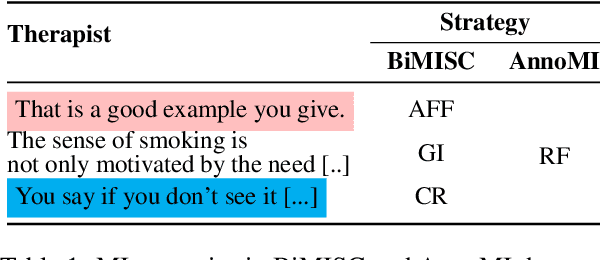
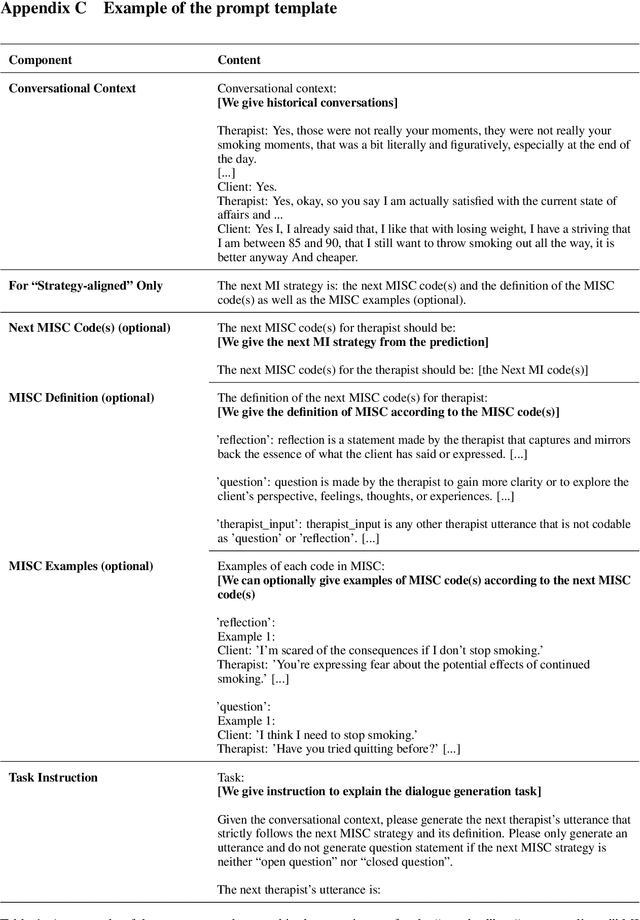
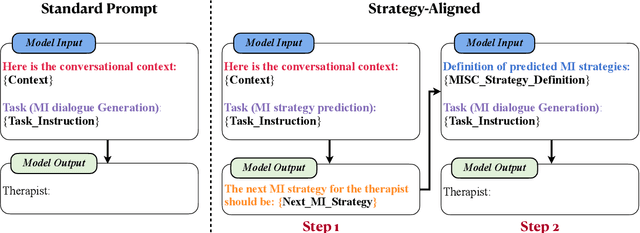
Abstract:Recent advancements in large language models (LLMs) have shown promise in generating psychotherapeutic dialogues, especially in Motivational Interviewing (MI). However, how to employ strategies, a set of motivational interviewing (MI) skills, to generate therapeutic-adherent conversations with explainability is underexplored. We propose an approach called strategy-aware dialogue generation with Chain-of-Strategy (CoS) planning, which first predicts MI strategies as reasoning and utilizes these strategies to guide the subsequent dialogue generation. It brings the potential for controllable and explainable generation in psychotherapy by aligning the generated MI dialogues with therapeutic strategies. Extensive experiments including automatic and human evaluations are conducted to validate the effectiveness of the MI strategy. Our findings demonstrate the potential of LLMs in producing strategically aligned dialogues and suggest directions for practical applications in psychotherapeutic settings.
 Add to Chrome
Add to Chrome Add to Firefox
Add to Firefox Add to Edge
Add to Edge